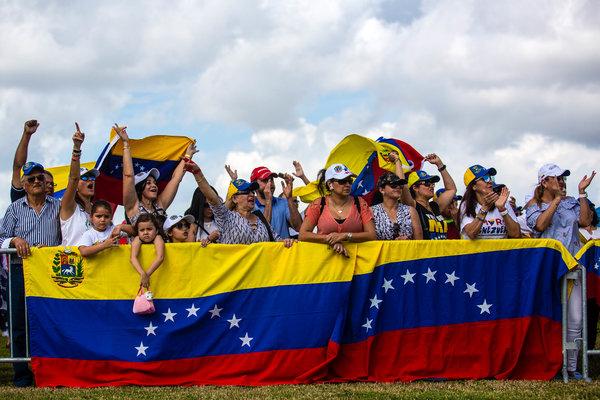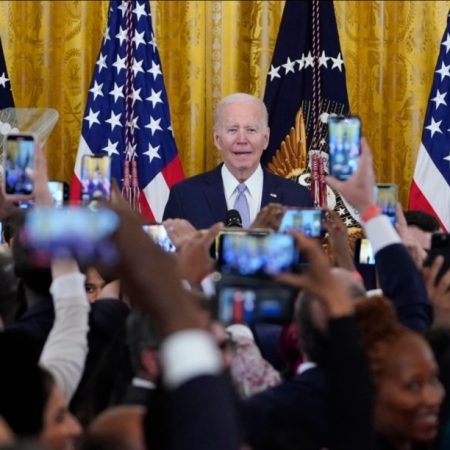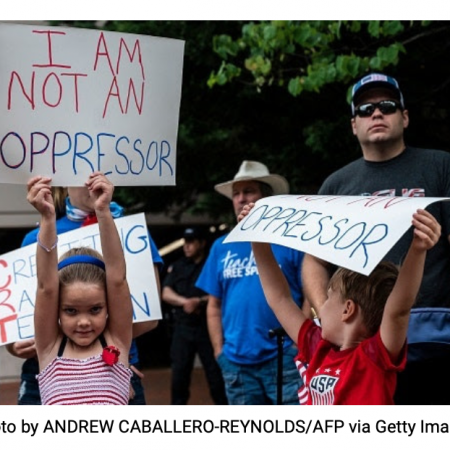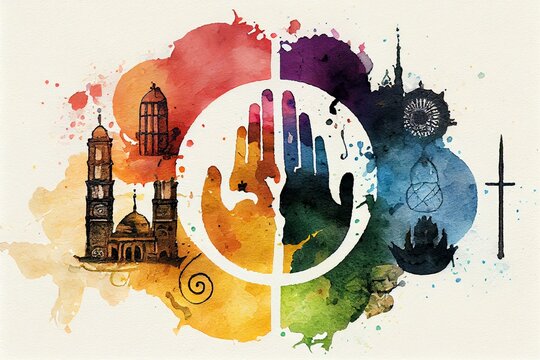The Pakistani (Acting) Consul General For the West Coast of the United States
By Geoffrey Cook, MMNS
Muhammad Khalid Ejaz
Los Angeles–April 10th–My last two articles came out of a discussion with the Indian (former) Ambassador to Afghanistan. I was fortunate to hear a speech of the (Acting) Consul-General of Pakistan to the Western United State at the South Asian Studies Association (S.A.S.A) banquet here at U.S.C. (the University of Southern California). His comments balanced those of Ambassador Maukapadya in Berkeley a month before.
Dr. Ejaz stated that Pakistan was the fifth most populous country in the world, but because of political disruptions over the land, (there has not been an accurate census since 1991, but it is safe to say that in early 1994, the inhabitants of Pakistan were appropriately estimated at 126 million, making it the ninth most populous country in the world although its land area, however, ranks thirty-second among nations. Thus, Pakistan, then, had about 2 percent of the world’s population living on less than 0.7 percent of the world’s land. The population growth rate is among the world’s highest, officially assessed at 3.1 percent per annum, but privately considered to be closer to 3.3 percent for each year. Pakistan is assumed to have reached 150 million citizens ten years ago, and to have contributed to 4 percent of the world’s growth which is predicted to double by 2022.) All this past paragraph demonstrates is that the Consul-General’s approximation of Pakistan’s place in population today in relation to the demographics of the world probably is close to correct.
Strategically, his nation is at the intersection of four vital locales to the U.S. and to the developing world. That is both Central and South Asia, and the Middle East and with China on its border connected by the Karkoram Highway. Several of these regions are either oil/gas rich, or require Pakistan’s help to transport this energy to their ever-expanding economies.
During the 1950’s and 1960’s, Rawapindi was America’s most allied of (trusted) allies. Now, NATO (the North Atlantic Treaty Organization) fulfills that function for Washington.
In the 1980s, the two countries joined forces to help defeat the Russians in Afghanistan, but the District of Columbia deserted not only the Pakistanis, (but the Afghani and foreign fighters in the Hindu Kush Mountains. With the retreat of the Russians, and the collapse of their empire [the U.S.S.R, or [the Union of Soviet Socialist Republic], and [the whole “Second World†with it]), a five-way Civil War developed in Afghanistan, and eventually the rise of Taliban.)
Thus, (your author consigns the blame the roots of 9/11 on the Reagan Administration ill-advised policy of not providing development aid and skills to Afghanistan and Pakistan. This, in turn, has lead to our current War in the Pakistani-Afghanistani Mountains. That is why your writer designates Reagan to have been one of the worst of American Presidents instead of one of the best which the vulgar declare him to be in the Metropole [the Center of Empire] here. Besides Washington’s airport being named after, there is a movement to put his face on the fifty dollar bill!).
After the ninth of 9th of September 2001 Islamabad was (forced) to become a front line State once again. Ejaz asserted our allied relationship with the U.S.A. should evolve into a more equitable one. We should have a “normalized†relationship with both those in the West, (and with the Taliban)!
We (Pakistan) are, also, under the threat of terrorism whose roots reside along the Durand Line. It is a porous border that dives a subnationality (the Pashtoons) that should have a right to regularly cross that frontier to visit their relatives on the other side! We cannot seal the borderland where the tribes exist in both Afghanistan and Pakistan. It is true, though, many things that happen on the Afghani side of the border deeply impact the Northwest Frontier Provinces.
With this porous borderland, there are fighters who cross into our country for sanctuary. Thus, despite the West’s accusations, Rawalpindi has suffered high casualties! Muhammad Khalid Ejaz called on the U.S.A. to become more involved with development in the Af-Pak territories. There is a serious problem between Pakistan and India, too, over water rights; the great powers could help negotiate this. Still, Pakistan, as a nuclear power, has issues with nuclear India. He affirmed that Kashmir can be settled!
He concluded that the U.S.A. has a role in the Afghan conflict, but the tribes have to have their traditional rights of cross-border movement.
12-19














2010
883 views
views
0
comments